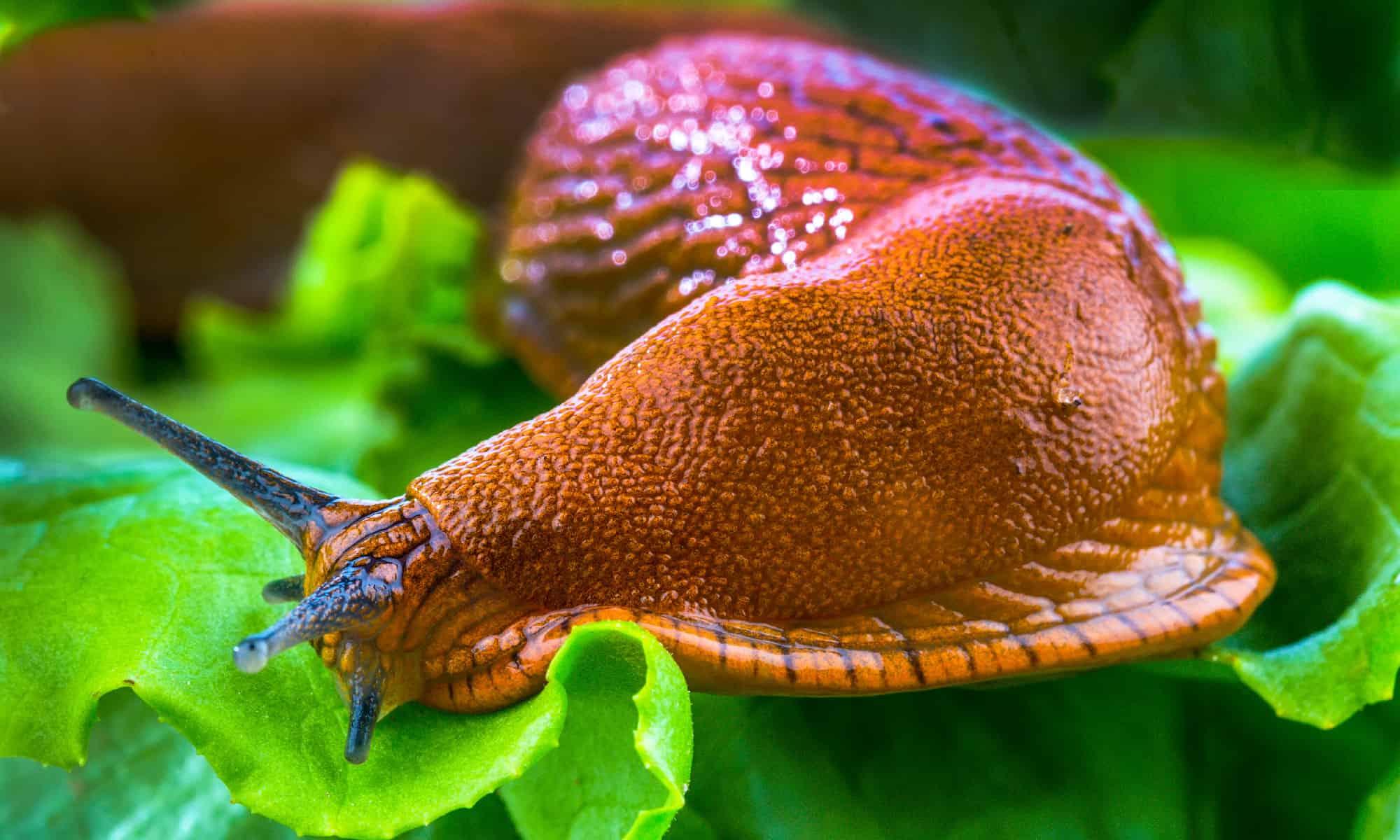Table of Contents
One of the funniest things about slugs is that they can eat up to 40 times in a single day. How can such a small creature eat that much? But they do. They are even eating what you are growing in your garden. Sad but true! But slugs are slugs, right?
However, you will be shocked to know that in the UK, some slugs are beneficial to your garden. Well, that doesn’t mean that you should allow them to stay and eat what you are supposed to eat. On the contrary, there are many species of slugs that are considered bad but have a role to play in the ecosystem, and they can help break down dead plant matter and contribute to soil health. So, it is tricky to find out the difference between good slugs and bad slugs.
Nevertheless, you can start by understanding the different species of slugs and their behaviours to manage them in your garden effectively. But that will take too much time, and slugs will end up eating all your plantation by that time. So, what are you going to do because controlling the slug population in your garden is crucial for maintaining the good health of your plants? Well, let’s not put too much stress on your shoulders and start our little investigation on how we can get rid of slugs naturally in your garden.
Identification of Good Slugs and Bad Slugs
Good Slugs
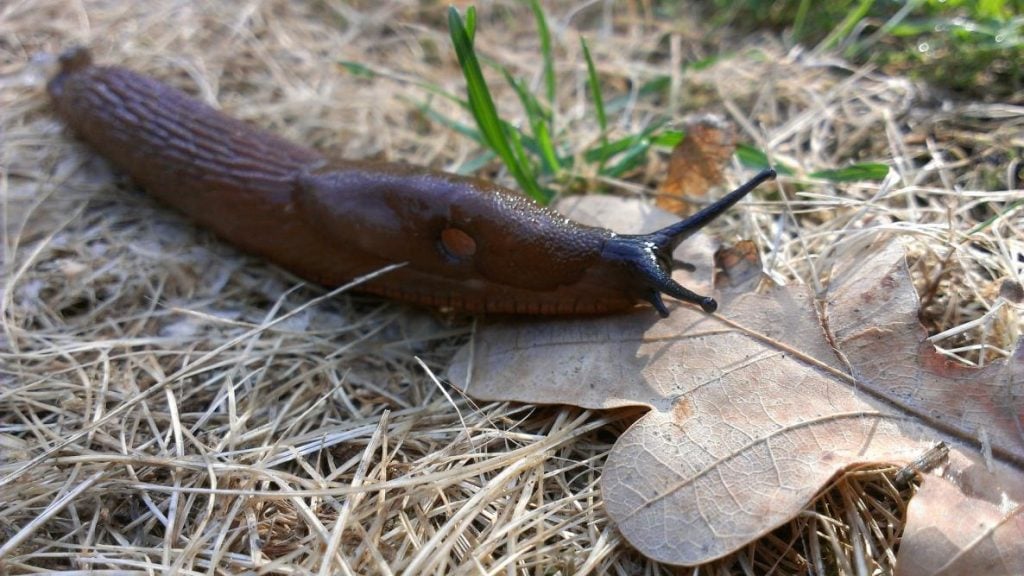
Good slugs are smaller in size than bad slugs and move more slowly in comparison to bad slugs. They have a more rounded body shape and are usually brown or grey in colour.
Example- Garden slug and Leopard slug.
Feed on- Decaying plant matter.
Beneficial- Help break down the plant matter and contribute to soil fertility.
Bad Slugs
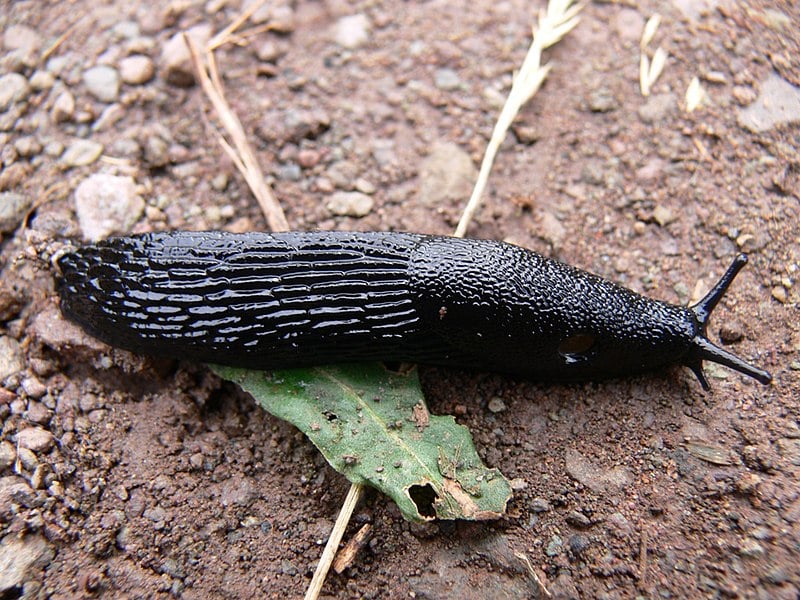
Bad slugs are larger in size than good slugs and move more quickly in comparison to good slugs. They have a more elongated body shape and are usually darker in colour.
Example- Spanish slug and Grey Field slug.
Feed on- Leaves, stems, and fruits of plants.
Harmful- Destroys garden crops and carries diseases.
The characteristics of good slugs make them less of a threat to your garden, while bad slugs have characteristics that make them more of a problem for your garden.
How to identify good and bad slugs in your garden?
It can be very challenging to identify good and bad slugs in your garden, but you can always keep in mind the characteristics of both types of slugs, like their-
- Size
- Moving speed
- Colour
- Food
Moreover, if you notice a significant amount of damage to your garden plants, it’s likely that you have a bad slug infestation. Though it takes practice and observation to identify good and bad slugs in your garden, by paying attention to their characteristics and behaviour, you can better manage the slug population in your garden and protect your plants from damage.
8 Ways to Get Rid of Slugs in Your Garden
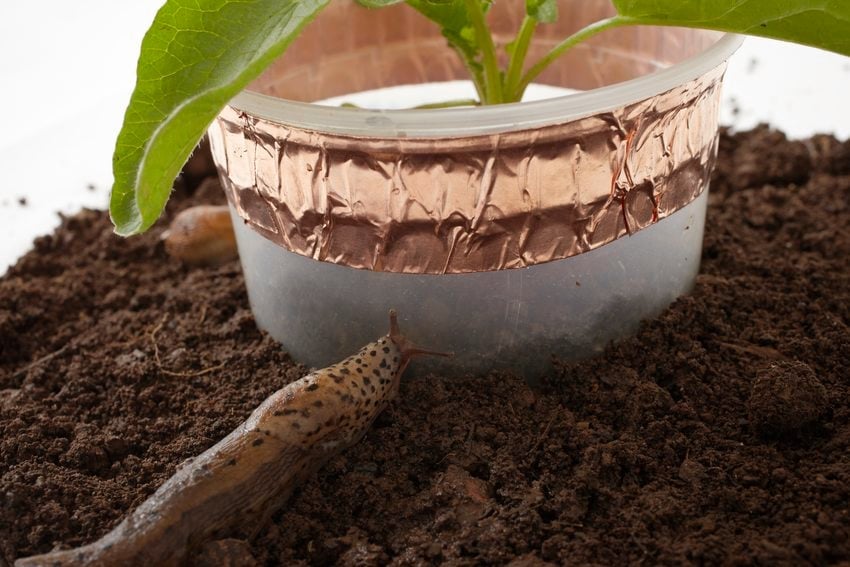
If you’re a gardener, you know how irritating slugs can be. But the good news is, you don’t have to resort to harmful chemicals to get rid of them! There are several natural ways you can use to keep these slimy little creatures away from your dear plants. So don’t get frustrated, as we are here with some of the best natural solutions to keep your garden slug-free!
Here are 8 ways to shoo away the slugs eating your plants:
- Beer Traps: Slugs get attracted to the yeast that beer contains. So, place a shallow dish or Beer Traps filled with beer near plants that are affected by slugs. Slugs will crawl in and drown. Do make sure to empty the traps daily and refill them until you notice a decrease in the number of slugs in your garden.
- Copper Barriers: Slug-repellent copper tape or strips can be used to create a barrier around plants that are affected by slugs in your garden. Slugs will be repelled by the electric charge that is created when they touch copper, and in no time, your plants will be slug-free.
- Diatomaceous Earth: This is a powder made from the fossilized remains of algae and contains sharp and microscopic edges, so it will dehydrate the slugs leading to their population control. So, sprinkle diatomaceous earth around the base of plants and give your plants a slug-free environment.
- Egg Shells: You can create a barrier of crushed eggshells around your plants, making slugs unable to reach the plants.
- Handpicking: Picking slugs with hands without using any tool or material is one of the easiest ways to get rid of them. This solution may seem tedious, but it is effective. You can go out at night with a flashlight and pick the slugs off your plants.
- Salt: Salt dehydrates slugs, so you can sprinkle salt on slugs that will cause them to dehydrate and die. However, do stay cautious with your plants while sprinkling salt over slugs, as salt can harm plants and soil.
- Slug-Resistant Plants: Slug-resisting plants can prevent slugs from damaging your plants. So, plant varieties of plants in your garden that are resistant to slugs, like lavender, sage, and rosemary.
- Vinegar: You can also mix equal water and vinegar in a spray bottle and spray it directly on the slugs. This will cause them to shrivel and die. But don’t forget to protect your plants when using this method, as vinegar can also harm plants in your garden.
Choose one or choose all of the above-mentioned ways to get rid of slugs in your garden. The choice is yours, but making your garden slug-free should be your top priority!
Since you know some natural ways to get rid of slugs now, let’s take a look at some of the effective ways to encourage good slug species in your garden. After all, knowing the difference between good slugs and bad slugs and then supporting the growth of good slugs will only make your garden flourish!
How to Encourage Good Slug Species in Your Garden
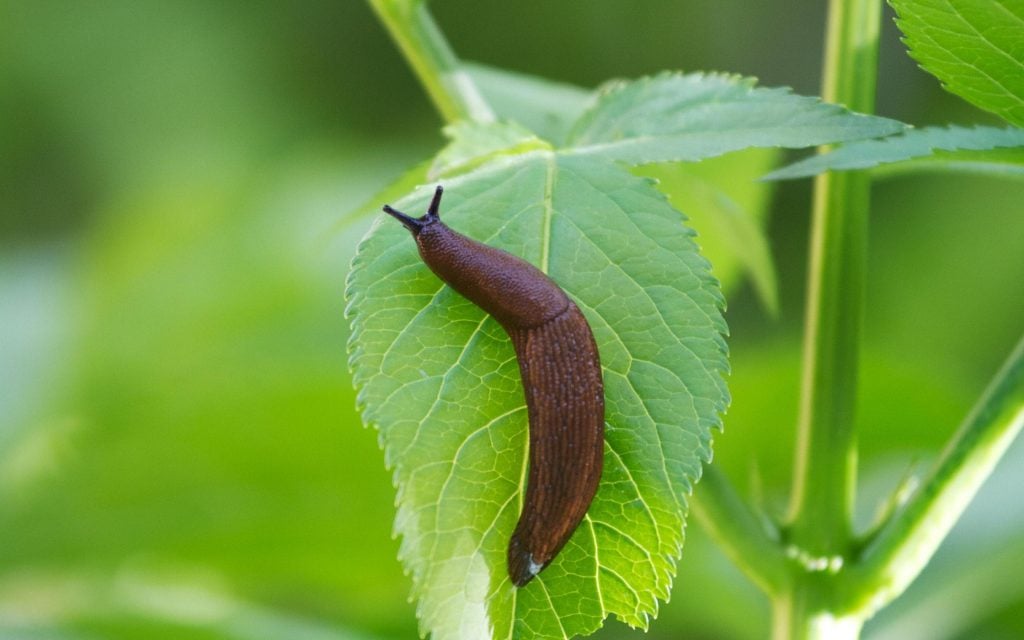
Slugs aren’t that bad, right? Yes, they aren’t, for sure! Some slug species are beneficial in your garden as they help to break down organic matter and improve soil structure for your plants. However, some species can also be pests that can damage your plants and destroy your garden.
To help you distinguish between good slugs and bad slugs, and to make you encourage beneficial slug species in your garden, here are some tips that you can use:
- Provide habitat: Creating a diverse and natural garden environment that includes a variety of plants, mulch, and ground cover is a must if you want to attract good slugs to your garden. A welcoming habitat will provide shelter, food, and moisture for beneficial slug species.
- Avoid using pesticides: You can use natural methods like handpicking and copper tapes to encourage good slug growth because pesticides can kill both beneficial and harmful slug species.
- Water in the morning: Try to water your garden in the morning daily so that the soil has time to dry out before the evening when slugs are most active and most likely to pay a visit to your garden.
- Monitor slug populations: If you want a growth in the number of good slugs, then you will have to keep an eye on the bad slug population in your garden and adjust your management practices accordingly.
Get Rid of Slugs and Protect Your Plants Easily!
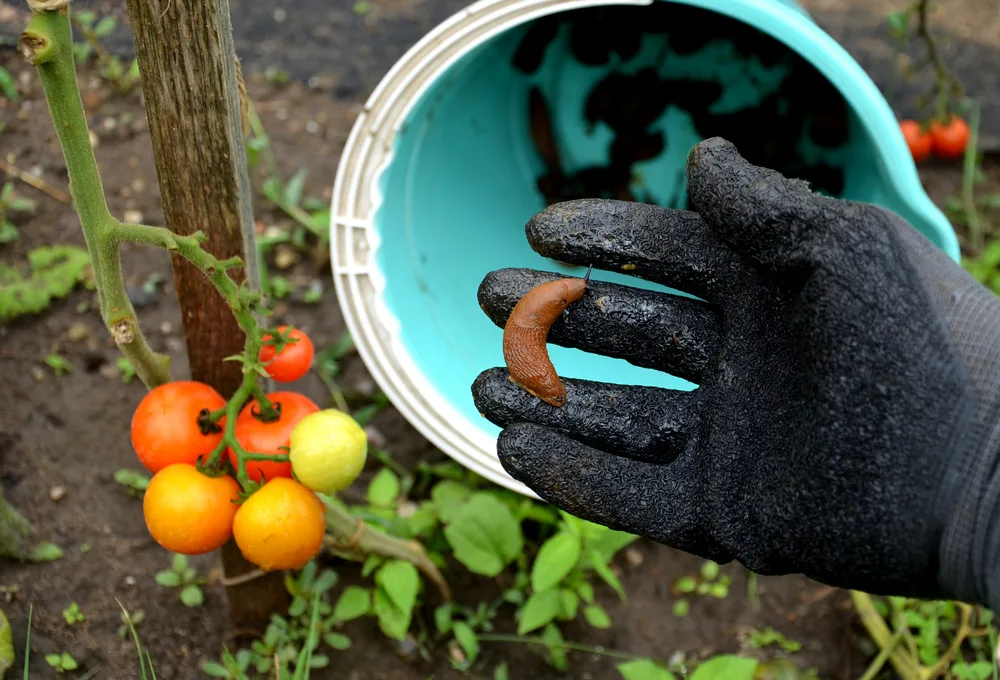
Adopting natural ways to control slugs is important for maintaining a healthy and thriving garden in your home. Moreover, the process of controlling slugs becomes easier when you know the difference between good slugs and bad slugs. While beneficial slug species can help to improve soil structure and break down organic matter for your plants, harmful species can damage plants and put all your hard work to waste.
By using beer traps, copper barriers, diatomaceous earth, eggshells, salt, vinegar, etc., you can encourage the growth of beneficial slug species and minimize the impact of harmful ones. This approach will not only benefit your plants but will also support a more sustainable and environmental-friendly approach to your gardening.
There are many natural ways to control slugs in your garden without resorting to harmful pesticides. Select the one that best suits your capability and garden’s needs, and make your plants bloom to the best of their capacity.

